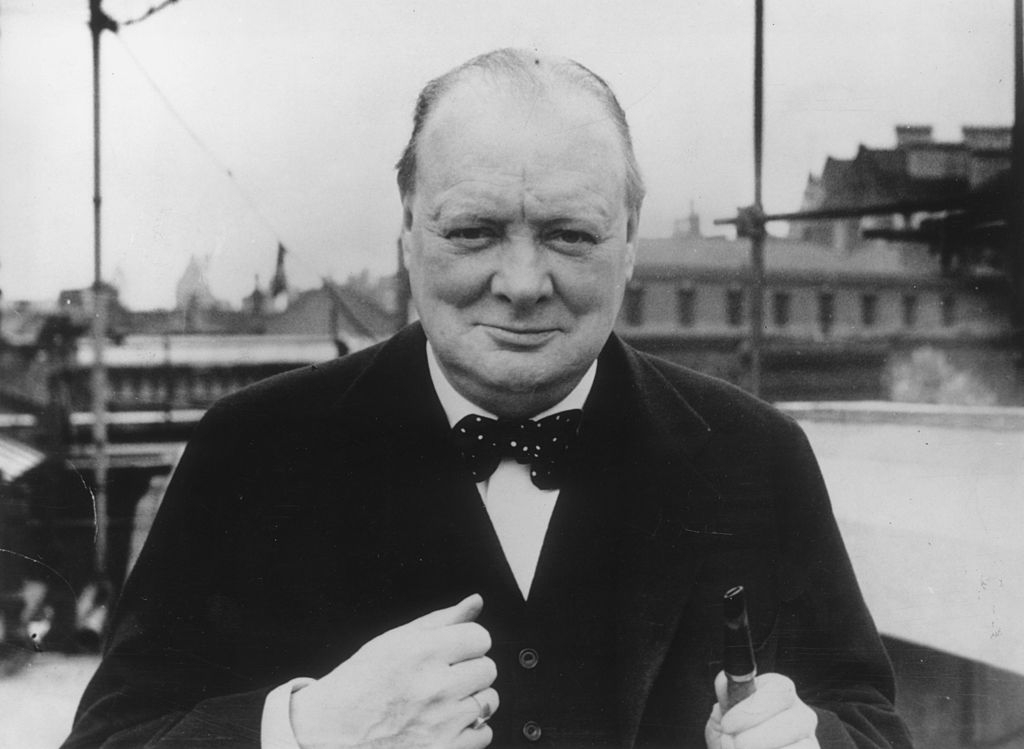In This Episode
The subject of this week’s Holy Smoke is charisma, which you might think is one of the most hackneyed and devalued words in the language; only the other day I saw an advert for a ‘charismatic chartered accountant’. But its popularity is no accident. ‘Charisma’ is shorthand for one of the most revolutionary – and useful – concepts in intellectual history.
Charisma refers to the personal magnetism that binds a leader to his or her followers. Our modern understanding of it is based on an idea, almost a revelation, by the great German social theorist Max Weber, who believed that the display of ‘extraordinary powers’ was one of the driving forces of history.
Those powers didn’t have to be supernatural. They didn’t even have to be demonstrably real, in the sense that they could be measured or proved to exist. What mattered to Weber was that charismatic individuals have inspired their devotees to force through unimaginable changes.
He cast his net wide: the Hebrew prophets, Jesus of Nazareth, ‘Nordic berserk warriors’, Wall Street swindlers and primitive shamans all exercised a ‘charismatic authority’ that could turn the world upside down – or vanish when the leader stopped being able to do wonderful things. Perhaps both might happen, as the careers of Napoleon and Hitler indicate.
The word ‘charisma’ is taken from St Paul, who employed it to describe the gifts that descended on the first Christians at Pentecost. Indeed, Paul may have invented the word. But it was the tortured polymath Weber who suggested that the sudden appearance of men and women who can apparently perform miracles, real or metaphorical, has transformed almost every human society.
You don’t have to tell me that charisma is a slippery concept: I’ve spent the past five years wrestling with a book on the subject, which will suggest that charismatic attitudes are now seeping into everyday life to an unprecedented degree. But it also possesses an explanatory power far greater than, say, the antiquated Marxist concept of class struggle.
My guest today is the diplomatic historian Professor John Charmley, whose unflattering biography of Winston Churchill divided opinion when it was published in 1993 – as it was intended to. I found it completely compelling, especially in its description of the self-created myth that enabled Churchill to wield astonishing charismatic authority for a brief period.
Prof Charmley understands not only the political aspects of charisma – listen to what he has to say about Boris Johnson – but also its religious dimensions. He is now Pro-Vice Chancellor for academic strategy at St Mary’s University, Twickenham, a Catholic university which he wants to root even more firmly in its faith and heritage. He’s certainly not the sort of hand-wringing academic paralysed by colonial guilt. I think you’ll enjoy this episode.






Comments